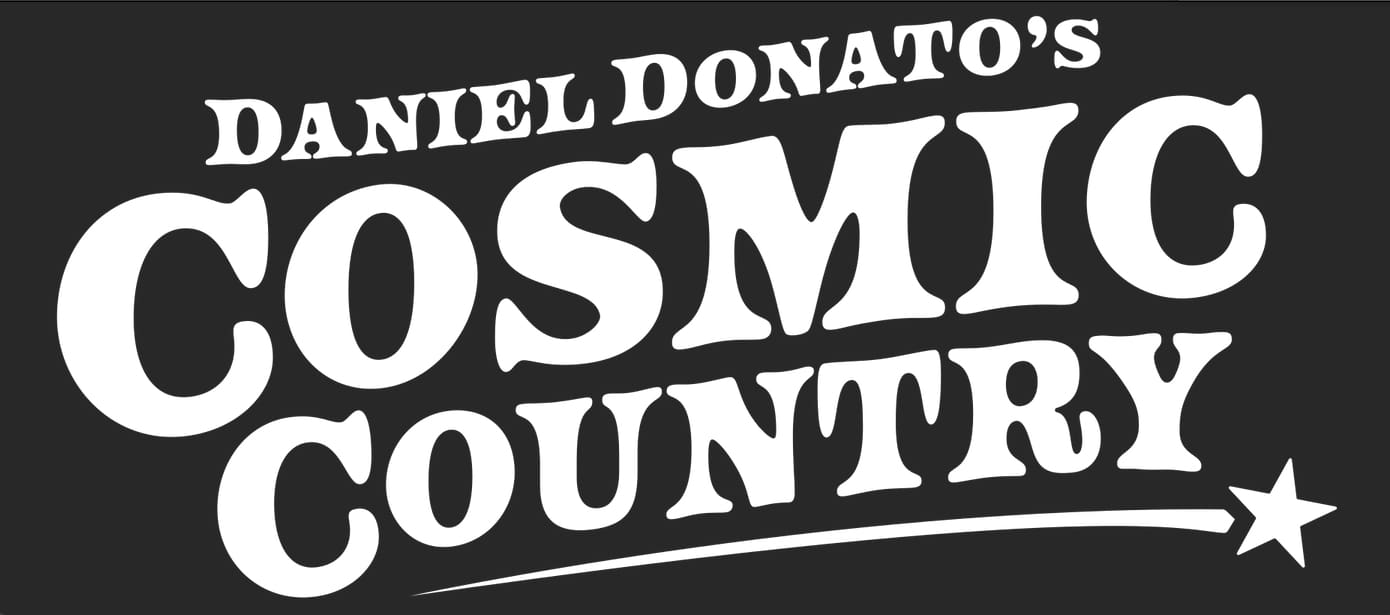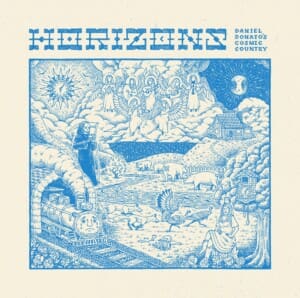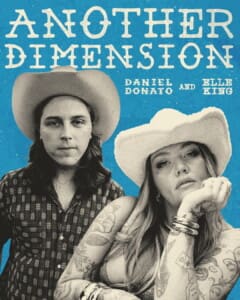Daniel Donato is timeless.
His music feels just as perfect if it were playing an old Victrola sitting in the corner of a general store in 1925 Nashville, TN as it does streaming on Spotify on iPhone 17 Pro in Asbury Park, NJ in 2025.
Donato has found a way to become a sonic waypoint in a musical multiverse where the evocative lyrical storytelling of Bruce Springsteen, Pete Seeger, and Hank Williams have merged with the improvisational talents of Jerry Garcia and the heart and passion of generations of musicians, poets and storytellers collide.
He’s an old soul living inside of a 30-year-old Jersey-born, Tennessee-raised, guitarist and singer who thrives on building community, and adventuring headlong into questions of truth, existence, humanity and heart.
Simply put, this is one of the fascinating musicians you’re going to encounter in the modern music world.
Recently, we caught up with Daniel Donato for a wonderful discussion about the truth in country music, building a community with his fans, his new album Horizons, journeys, and the beauty of a bacon, egg and cheese on a hard roll (with salt, pepper, ketchup, of course) as he hits the Northeast at The Stone Pony in Asbury, NJ and Capitol Theatre in Port Chester, NY this weekend.
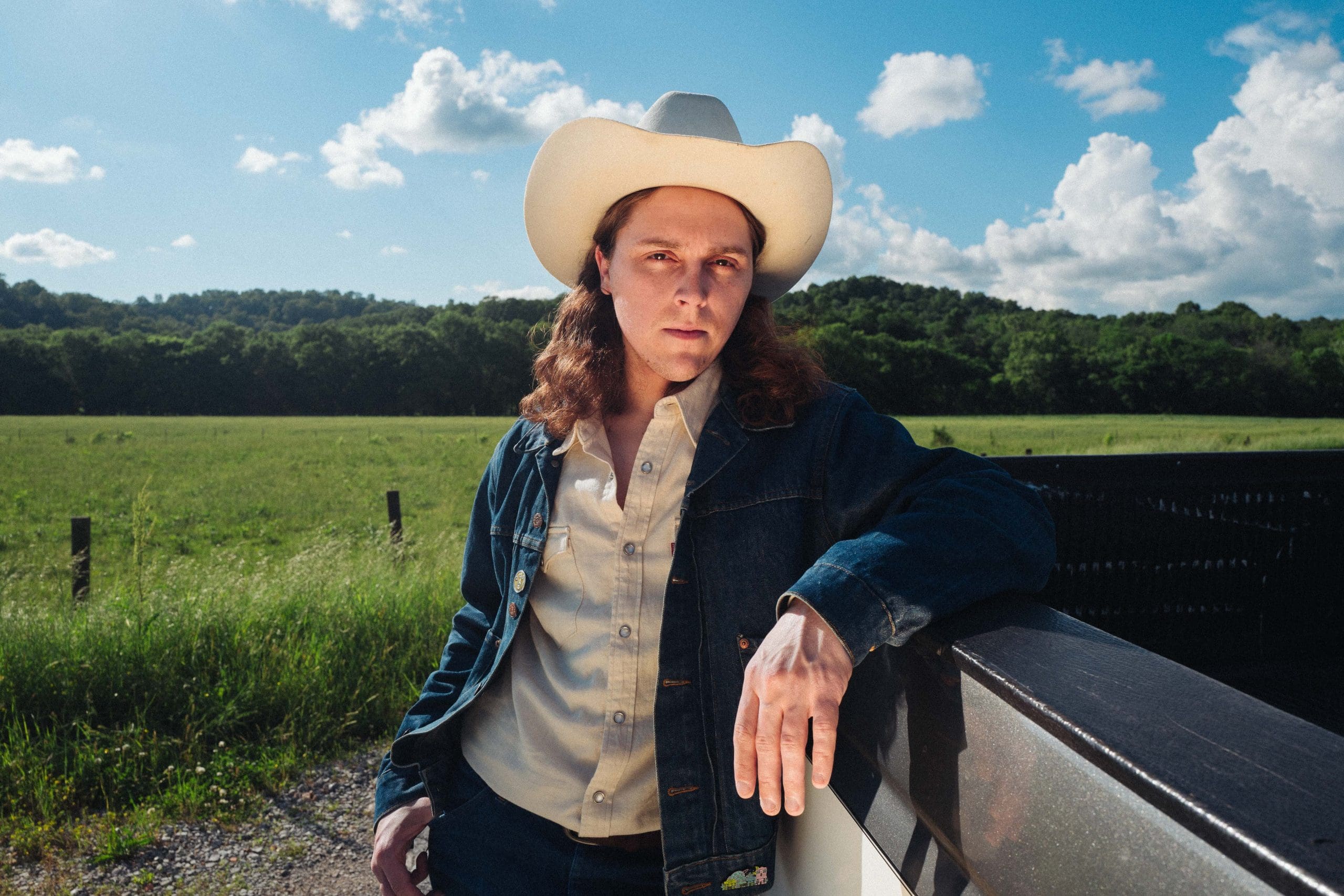
Most people might not realize that this Friday is a bit of a homecoming for you since you’re a Jersey guy originally.
I lived in a couple different places [in New Jersey including East Brunswick, Phillipsburg and Brigantine]. I moved to Tennessee when I was seven-years-old but the thing is a lot of my friends are from Jersey, and they grew up in Jersey. My parents never left New Jersey until they had kids. So my house always felt like Jersey — Martin’s Potato Rolls, pork roll … my mom was always trying to find lox and whitefish. It’s slim pickings down here in Tennessee for that.
Well, first off, I’m gonna compliment you for calling a pork roll, not Taylor Ham, you were raised right.
Oh, of course.
Let’s jump into the new album, Horizons, which is fascinating to me. When I was reading the album’s press release, Horizons was dubbed a “vintage country album.” When I listen to it, this album sounds like it could have been released 100 years ago, 15 minutes ago or 25 years from now. Is that inherent to you and your songwriting, or is that inherent to the genre you perform in?
I think it’s probably inherent to the design. I look at records a lot like cinema. I’ve always loved Clint Eastwood movies. They’re very similar to Tarantino movies, where there’s a lot of scenes that all lead up to an apex of some sort. I even write our set list this way. I take three songs, and I look at songs as scenes because essentially that’s about 15 minutes. The attention span in relation to music — 15 minutes is a very good time frame to look at. Not on a song basis, but, like, on a record level.
If you look at the first two to three scenes of Horizons it’s rather traditional. Then the story changes and evolves into something that definitely interfaces with modern sounds. I like that a lot. Where I come from in Nashville, people use tradition a lot of the time, in a way that can enslave them. They start judging a lot of new things, and they start not seeing the truthful spirit in what’s new. But, if you can use tradition in a way that dances with what’s modern, therefore, the artist is serving tradition, I believe tradition can serve the artist. That’s a really powerful force and a wise, benevolent force to engage with. You need tradition, especially now. A lot of the times when people talk about new music, they’ll relate it to be like, well, it sounds like X had a baby with Y.
Yes, I’ve done that a few times.
Yeah, and that’s fine. That’s the pastiche era where essentially anything that’s new can have a hyperlink, a through-line, or a primal relation to something that is antecedent, ancestral. And I like that a lot, and that’s what I feel is great about Cosmic Country. You can definitely tell where we’re coming from, and sometimes you can’t tell where we’re going. But that’s a great dance. It’s a really exciting and living dance to have.
I have my next question, but when you talk about movies I have to ask. So, on a day off. What’s your go-to Tarantino film, and what’s your go-to Eastwood film?
A Fistful of Dollars, for sure. Or, Unforgiven.
Okay. Kelly’s Heroes for me, not a Western, but it’s my favorite Clint Eastwood movie, all time. But Tarantino, that’s always a difficult one.
I love Hateful Eight, and I love Django.
That’s the only one I haven’t seen [Hateful Eight].
Oh, man! See, that’s the whole deal. He knows that he’s asking a lot out of the viewer, but he also knows that he’s going to give a lot to the viewer. There’s something cool about that. That movie in specific, there really isn’t a lot of action until the last 45 minutes. Everything is just tension, context, story, tension, context, story, character development, and then all the full fleshing out of human nature in warfare happens at the end. It’s really cool how he does that. I always bring up Hateful Eight because it’s a movie that a lot of people have seen, and they’re always like, ‘Yeah, I love the last 45 minutes.’ It’s interesting because … you watched the whole movie.
So that’s kind of how I look at our records. I want our records to be really long, and you gotta sit down and take time for it. It can’t be just a transient thing. Now, obviously, if you’re listening on Spotify, it can be, but if you’re gonna buy our album, the sequence is different than it is on streaming, and it’s set up to kind of run like a musical movie.
I was reading your Relix interview about Horizons and you talk about how you’re really painting a picture, and you’re really telling the story with the album. And the story is about journeys. Why is that the theme that you chose for this album?
It’s all a journey, it really is. Joseph Campbell obviously has his whole universe with The Hero’s Journey [and] The Hero with a Thousand Faces. Carl Jung has the concept of archetypes and how your life is a story, and you might as well figure out what kind of story it is now, otherwise you’re gonna be a part of somebody else’s story, and you’re not gonna really like that. So it really is all an adventure. For example, I saw my sister today. We got home around eight in the morning from the road this weekend, and I stopped by the house. I asked how school went last week and she essentially told me all the things that she had to triumphantly go through. She didn’t tell me about brushing her teeth, or all the normal things. Even the way that we communicate with people that are most cosmically related to us, we usually tell them stories of triumph, which are stories of adventure.
I think it’s part of this unconscious processing that we have as humans. I’m just trying to bring some consciousness to that, because it’s so fascinating, the spirit of adventure. I also wanted to speak to the spirit of adventure that imbues the concept of and the idea of what America is. There’s a lot of people my age, and especially younger than me where there is a force that is trying, on some level, to regulate adventure and like Pete Seeger said — “put people in the little boxes.” But, the whole concept of becoming a human and becoming an individualized sovereign personality requires adventure, it requires hard times, it requires failing, it requires messiness. There’s faith in that. And so, the call to adventure, to me, is an omnipresent spirit that definitely inspires cosmic country.
There’s also something that you talked about that I think goes hand-in-hand with all this. You were talking about the living truth of country music. That’s a very fascinating statement, because if you’re not in the country scene, and you’re just on the fringe like me and you’re driving on the Garden State Parkway past the PNC Bank Arts Center, and there’s the latest pop country singer who’s singing about a truck down by the river with coronas and cut off jeans … I don’t know what the living truth of that is. But when I hear you talk about the style that you’re kind of tapping into here, I’m just fascinated to know what you think that living truth of country music really is.
Yeah, me too. Merle Haggard said country songs are the working man’s dream. I come from a family that was composed of working-class people. Working-class people, in most conversations, get qualified as a group of people. Growing up in the South, and then also having family in New Jersey that was working, it was very obvious to me that working-class people are the people that built this country, and helped maintain this country. This is a very special place. There’s never been a place like this that has ever existed on the planet with this much sovereignty for individuals to say what they want to say and work the work they want to work. So, in the early times of country music, in Jimmy Rogers time, in Hank Williams’ time they were singing about real things of life, real values of life, rather, not things. Hank Williams sang “This heart of mine could never see. / What everybody knew but me / Just trusting you was my greatest sin. / What can I do? / You win again.”
These are real things that everybody goes through in life, real values. The way that country music talked about those things and put them to music was very simple, and it was very truthful, and it’s very vulnerable. But, the thing about it is that simple, vulnerable truth is transpersonal. Everybody goes through it. So there’s something about if you can say something simply and it’s real for everybody, then there is a living truth to it just like messages that are in the Old Testament. Even though the language behind some of those texts are not very simple, the values behind them are directly applicable to our lives in certain points. To me, there’s a living truth in real, authentic country music. Because if it’s true, and it’s living, then it could relate to all kinds of folks. And I just love the way that older country music talked about that.”Love’s Gonna Live Here” by Buck Owens, great example, “Love’s gonna live here. / Love’s gonna live here. / No more loneliness, only happiness. / Love’s gonna live here again.”
These are very simple messages that almost feel like gospel music and yet they get everybody into the door. It’s not something very complex like “Tom Thumb’s Blues” by Bob Dylan or something. And I just really love that, and I notice now that there is a lot of country music that has that, like Zack Top, Charlie Crockett, Sierra Farrell. But, there’s also a lot of country music as you mentioned, that’s especially popular up in the Northeast. Not to badmouth anybody, but it’s radio pop country; it’s more or less just about transient desires of wanting to party and, like, getting your heart broken on some shallow level.
All of that comes from the concept of this great songwriter, Harlan Howard. He wrote this great song, called “Heartaches by the Number.” “Heartache Number 3 was when you called me and said that you were coming back to stay with hopeful heart / I waited for your knock on the door. / I waited, but you must have lost your way. / Now I’ve got heartaches by the number. / Troubles by the storm. / Every day I love you less. / Every day you love me less. / Each day I love you more. / Heartaches by the number, a love that I can’t win. / And the day that I stop counting is /Is the day my life will end.”
And that’s all three chords of music. The whole concept of three chords in music is a working man’s dilemma. The bluegrass music that came from Celtic music over in Ireland was mainly played on mandolins and violins, which were classical music instruments. Bach and Debussy and the chords behind their music and the harmony behind it is very complex. But, when you get those instruments in the hands of working-class people that didn’t go to school and didn’t read and didn’t learn how to read annotated music — they just boil everything down to what’s most necessary and they just say what’s in their heart. It’s just so amazing to see that.
It’s wild that you can remember all these song lyrics off the top of your head, man.
That’s part of my job, you know.
Not long ago, I interviewed the lead singer of Wheatus who sang the song “Teenage Dirtbag” and he talked about how it was a great honor that people want to pay to see him live out his dream. I feel this is very akin to how you’ve said music is service, which I believe is a beautiful statement. But, I’d like to get to the heart of why you think music is service?
Thank you, very much. I think it very obviously is. In the non-secular world of music, which is not a very enduring way to qualify music, in my opinion. People go to a service and they call it service. There are some things that come from that non-secular world where they hit the nail on the head there. Because what happens in music is where everyone agrees that they’re worshipping, what is most divine they call it service.
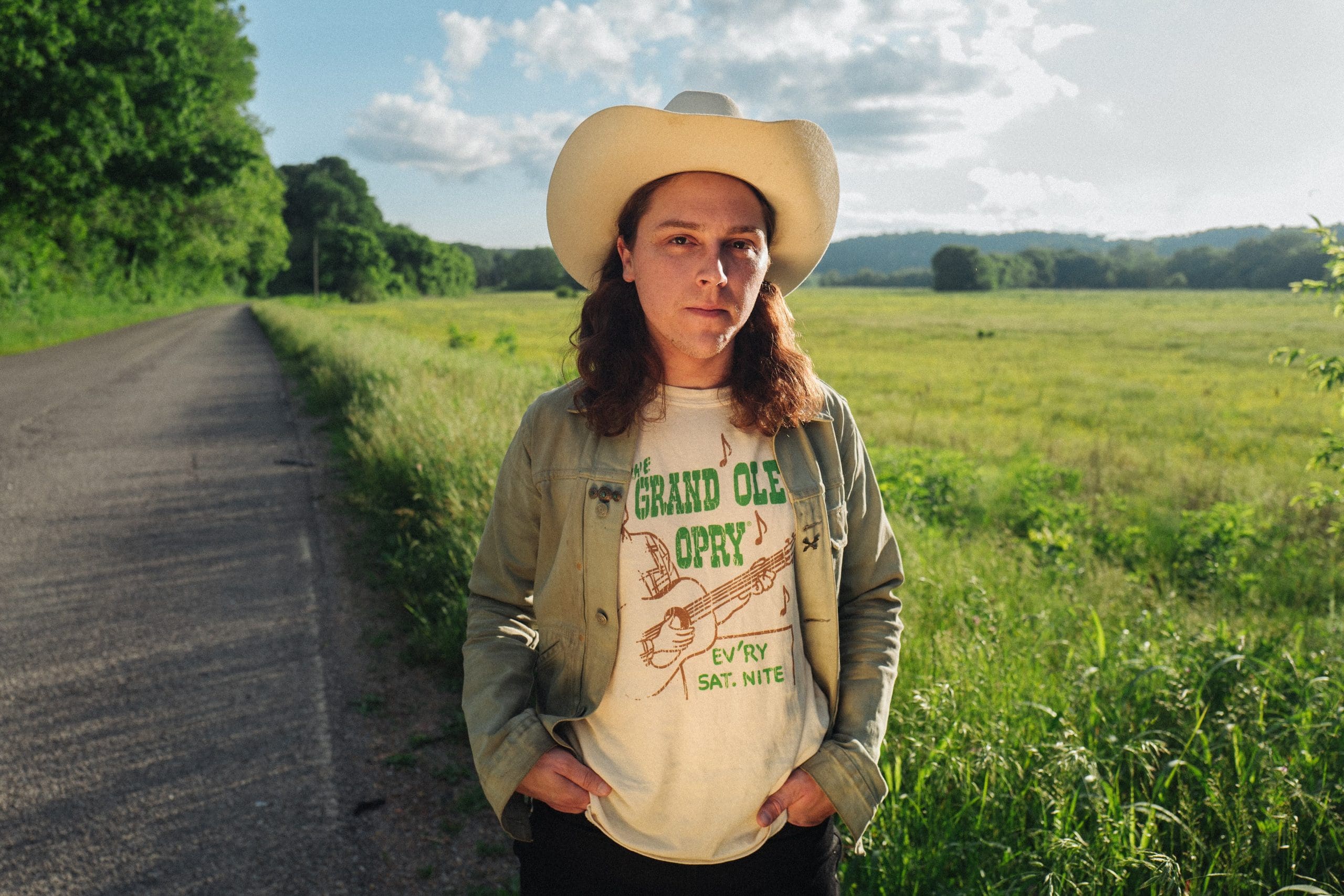
People say you took them to church.
Yeah, they say that to us all the time. I love the concept that came from the person, from which all of the churches are named after and he said, you know, “it’d be better to have a religion without a church than a church without a religion.” I think that the concept of whatever value or spirit that they’re unconsciously referencing when they say, “You took us to church,” which we often hear that — there is no way that I will ever be convinced that that can only happen in a church, it has to be omnipresent.
It has to be omnisciently intelligent enough for it to be accessible anywhere, at any given time, by any person, at any location. I love looking at music as service, because it is. It’s the only way I can make sense out of my life and my career. It boils down into a duality. You’re either doing it for yourself or you’re doing it for someone else. I have such amazing parents, and my parents, their whole life is service to their children. In ways that, as I get older, I can see how sophisticated that is and I can conceptualize the sacrifice that they made for us at a deeper level in contrast to when I was younger. And it’s like, oh, well, yeah, you sacrifice your life for what it is that you love the most.
I’ve always loved music. It comes from me, in some sense, like a child does. I don’t have children, so I’m not going to make a naive mistake to say that it’s as hard as having a child, but it definitely feels like having a child, and I serve it and it serves me, and it ends up serving a bunch of other people as well. Otherwise, you turn into a guy that is yelling at everybody on their crew. [They’re] saying, there’s a green M&Ms in the green room, and I can’t have that. And you turn into a jackass. You turn into a schmuck, as my mom would say.
Your mom’s definitely from New Jersey.
Dude, that’s what’s up. I’ve seen plenty of people turn into that, and I can’t take it. When I started playing music, I started playing music on the street. I saw every dollar go into my guitar case, and I knew right then and there that ‘Okay, I can do this if I work extremely hard.’ I realized that music has chosen me, and I had chosen music and I’m lucky to do this. This is my calling. This is what I’m supposed to do, but I think it can be in any field. There’s a lot of folks that get high into some field, and they end up becoming tyrants. They think everybody should serve them, when really, it is the exact opposite. The more successful you become, the more service you’re accountable for.
You’ve said you road test all your songs before you hit the studio. Throughout the year, I’ve been asking musicians about recording music and many artists have said they create music for the studio, then re-arrange it for live performances. Why do you go live first? Also you mentioned you limit yourself with takes and overdubs — can you explain your process?
The concept of live music is a prefix that goes into the foreword of living. It’s living music. And it is because you have humans on stage that are the primary instrument. They are themselves, and they have their own emotional hand of cards. You have some people that are more disagreeable than others, you have some people that are more emotional, more stoic than others, and so forth. So you have humans that literally have temperaments like instruments do. Some instruments are really tight, some instruments are loose, some are louder than others. Some stay in tune more than others. It’s just like humans. And so the way I look at it is songs, therefore are living… especially songs with lyrics.
Before we started writing down stories, we would pass down stories through oral tradition. The story of the Tree of Life […] that’s a story that was spoken for a long time, and there was something true enough about that story for it to live in people to where they would tell it, and tell it, and tell it, and tell it, and it would change, but the core values would stay the same. Then eventually, when we got down to writing down stories, it became its own thing. Even the story of Snow White, that’s an old German folklore story that was told and it was a story that [The Brothers Grimm] discovered, and they put it into their own context, and they wrote it down and published it.
What I’m saying with all this is that songs are a lot like stories. The way that a story can manifest itself is by being true to many people, and then people talk about it and that is the pollination of the truth of any given story or any given song.That gives that song or that story more life. So the more people that talk about it, and the more people that can experience it, and then talk about it, that gives that song more life. If I’m trying to serve the song I want to give it as many chances as I can to be experienced by people, so people can talk about it, and project their own experiences onto it, and find their own truth within it. For example, we have a song called “Down Bedford,” which is on Horizons, and there’s this story.
There’s a lyric at thed the end of it — “Been sometimes tragic / Been always true / Time works the magic / It shines right through.” And people love that lyric. It’ll be someone in Austin that says, ‘You know, my mom loved that lyric. It was one of the last things she told me before she passed away.’ Or somebody in Denver a few weeks ago said ‘I heard that lyric the other day, and I was driving down the road, and it just helped me make sense out of everything that’s been going on in my life, and it helped me rest.’
If something’s true, it’s kind of like a Rubik’s Cube. Some people might see it from the blue side, some people might see it from the red side, but they’re still seeing one side of something that is. I really like that. A part of that design, too, is that Cosmic Country is all about community. So, if we can get people to hear the stories that are the composition of the world that is Cosmic Country and if they can hear that, and they come and see us many times, the more times that they get to hear that story, the more real and truthful it becomes to them. I just love that so much more, because music is living. It’s not crystallized, except when you make an album, it becomes crystallized. It’s always been … it’s probably because I’m American, and the proprietary form of American music really is improvisational music.
To me the moments that have the most spiritual bandwidth and capacity and content has always been when it’s live. I feel with songs you’re not giving them any water, you’re not giving them any nutrients unless you play them in front of people because people bring spirit and experience to those songs. So by the time we bring them into the studio thousands of people have already heard them and given them life.
I have this photo in my living room of me and Phil Lesh from the Grateful Dead. I look at that photo every day. It’s right where I hang my keys. That photo reminds me of him. But it’s a photo. It reminds me of the moment that I was with him. So, when music happens on an album, it gets crystallized into the same form that a photograph has. It’s a photo. It’s not the moment. It exists in the context of that moment, but it’s only part of it. So the songs really are meant to be played. They’re not not created to be recorded. They’re created to be played live. But we have to put them into a photographic record form to be crystallized, because that’s just the world we live in, and it’s a really fun art form to do that. It’s a great form, and it’s really difficult and fun and liberating. So I can understand why some bands and artists will record their music, and then they go play it live, and say ‘Here’s a new one!” It’s cool, but to me, it doesn’t feel as communal or as real.
I feel like the nebulous world of jam music which encompasses so many different artists, genres, and states of mind really thrives on community more now than ever, especially since record labels are not exactly holding the purse strings for the majority of the artists in the scene. Also, it’s more a pure communal construction not a placating need to appeal to a fanbase to pay the bills. It seems artists, like yourself, truly love and thrive from creating a community.
Yeah, brother! Without a doubt, man. The same thing happens with people that have podcasts, or people that create visual art. I even see it with realtors in Nashville. You can go right to the people so that means it’s you and the people, and that means it’s you and the truth. That’s a very liberating, but also terrifying reality. I love it. With Cosmic Country, we share everything with our community. We share every show. “Once we’re done with it, it’s theirs,” as Garcia said. We put it out online for free, you can go listen to it right away (Nugs or YouTube). Before we ever go on any tour, I have several meetings with my agent to make sure that our ticket prices are fair because it really is between you and the people now. The big labels don’t know what to do, really, anymore, aside from pathways traditionally and legacy-wise to get you to the top of the radio.
We’ve talked about a lot of things you love, but I really want to know about what is it about Cosmic Country that makes you hit the road for these intensive tours, and gets you out of bed every morning — saying this is what I want to do with my life.
I thought about that today when I was driving home from the bus. I was listening to a piece of music, and it was a live recording — it wasn’t us — and I could hear the audience just start going. I could hear the guitar doing what it was doing. I knew the exact feeling that the guitar player was going for when he was playing … and that’s what I live for.
That’s part of what I live for, but that’s a big driving moment for it. Specifically with Cosmic Country there are these moments that happen on stage where there is so much unity that it is overwhelming. And you just get to be a part of the puzzle when it’s clicked in, not a piece that’s set off to the side. And that unity that, that experiential supreme unity there’s so much beauty and goodness that’s in that feeling, in that experience, that it becomes something that becomes the driving desire. And I just love that.
My gift is not really with words, or scoring a goal, or taking somebody down in a headlock to achieve big moments of excitement like that. My gift through music, especially with guitar, we can access these brief moments where there’s just total locking-in-ness. Everything just hit sevens just across the board. I just love it. I just love that there’s a part of my personality and my spirit that can express itself that way. I felt that when I was really young, when I was 12. I could feel something deep that I could never say and I could put it into notes and I could express that. And I don’t know why we want to do that. I don’t know why humans want to express this desire to share how we feel? Animals don’t really do that, unless they’re scared or hungry, or it’s time to mate, or they gotta use the bathroom. There’s not sophisticated emotional expression. So I don’t know why we have that desire, and I’m so perplexed by it, and I read about it all the time. But I’m just grateful that I found the form in which I can do it, and I really just feel it’s a responsibility to go and share that with people.
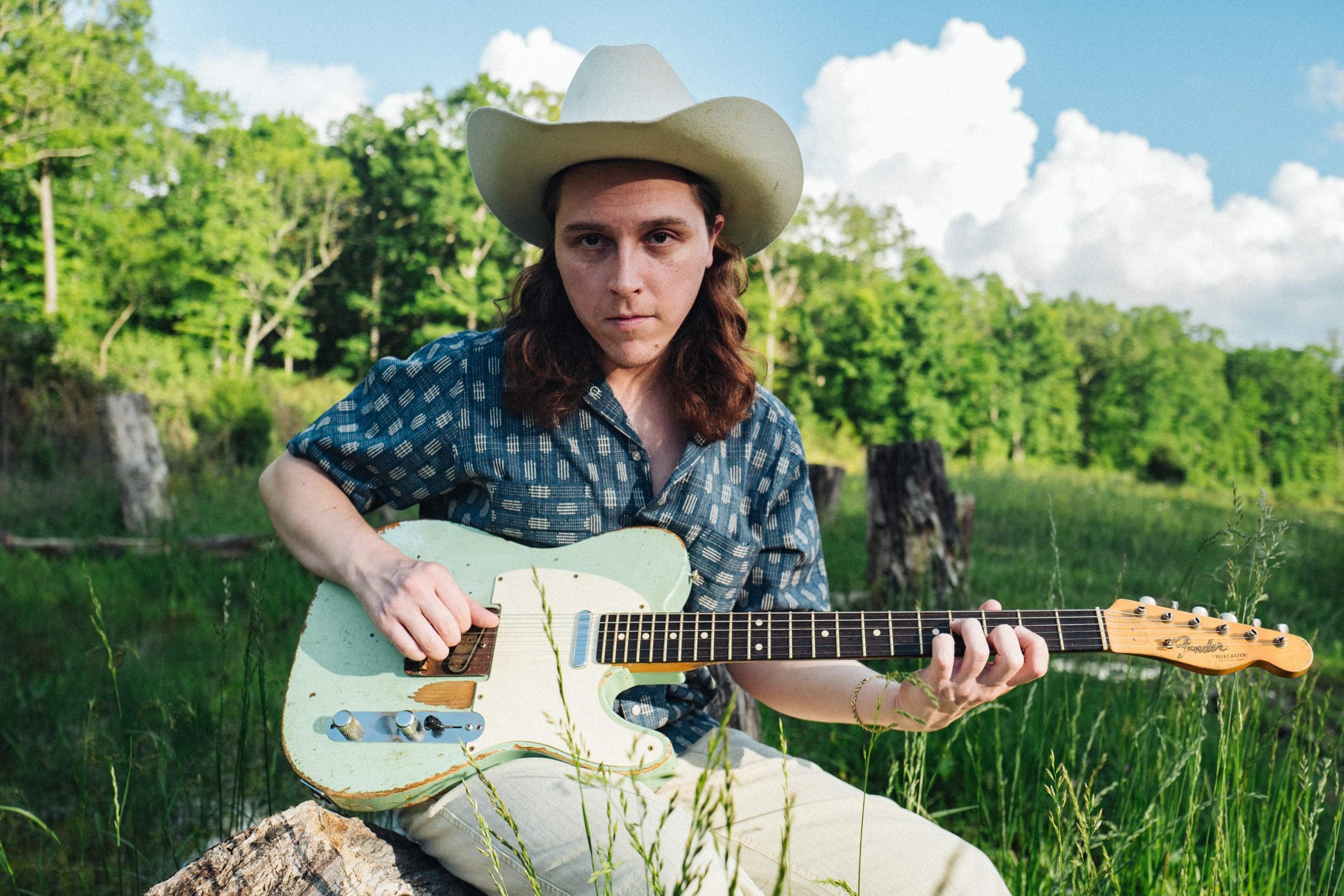
I also like you made a pro wrestling reference. As a wrestling fan, I appreciated that much. And we’ll close it out with this one. Just a general question. What are what are 5 things, outside of the record being released, that you’re very excited for, for this band and yourself For the rest of the year, early into 2026.
The first thing is I’m excited for us to have more experiences together. Experience is the supreme teacher. It just is. You can’t buy it, you can’t go around it, the only way out is through. So I love going through experience. I’m excited for, one, is the experience that we’re gonna have as a band. And then two, I’m excited to engage with our community more. Our community is growing and it’s affording us new opportunities to sophisticate the experience of Cosmic Country. We can have lights now. We have really cutting-edge technology on the front of the house system that we have for our audio.
Thirdly, I’m excited for the adventure of music. The more we play the more we understand each other on stage, and the people offstage. Music seems eternal to me, and eternal is beyond comprehension What I mean when I say that is there will never be enough time to get down to the bottom of what music is. So I’m excited to have more time to get down closer to what’s going on at the bottom line of music, even though we’ll never get there. I’m excited to dig more holes and get in there.
Fourthly, I love seeing places. It’s very nice to go out and see places and hear stories, and spend time with people. That’s gonna be really exciting.
And fifthly speaking, I’m excited to get back up to the Northeast so I can start getting some… egg everything bagels with some white fish and capers. I’m very excited for that. My photographer Ant and I love hitting delis. We’ll take a 45-minute Uber ride to a great deli.
So many of them in Jersey.
Oh, man, there’s none here in Nashville. It’s really miserable, man. You can put that on the top of the list!
Don’t think I’m going to mention pork roll up top and Martin’s potato rolls. Of course I am.
Man, yeah, the pork roll. The thing with the pork roll is you gotta… my mom always taught me, you know, when you have to cut it like a compass.
Let it pop. I’m not the biggest pork roll guy. I just… I’m just not, but man, any place worth our salt up here, bacon, egg, and cheese on our hard roll with a little ketch… Oh, yeah.
Salt pepper ketchup, oh yeah, dude.
Oh, it just gives you life.
I know. I know it.
That eating it by the ocean air.
Oh, I know, I miss it. That’s really the only part of New Jersey I miss, is the shore.

